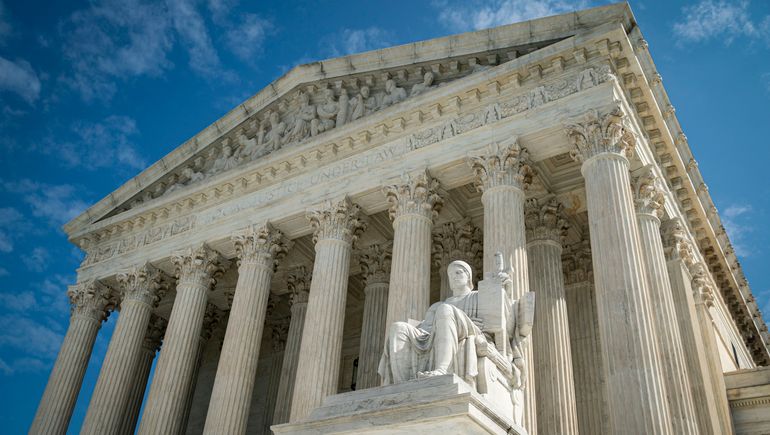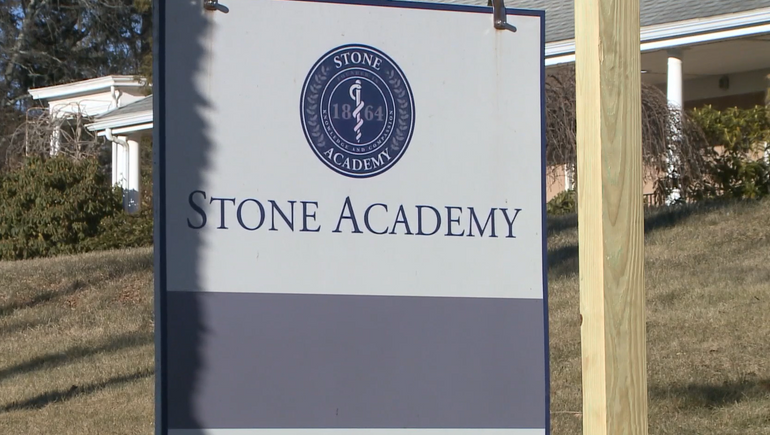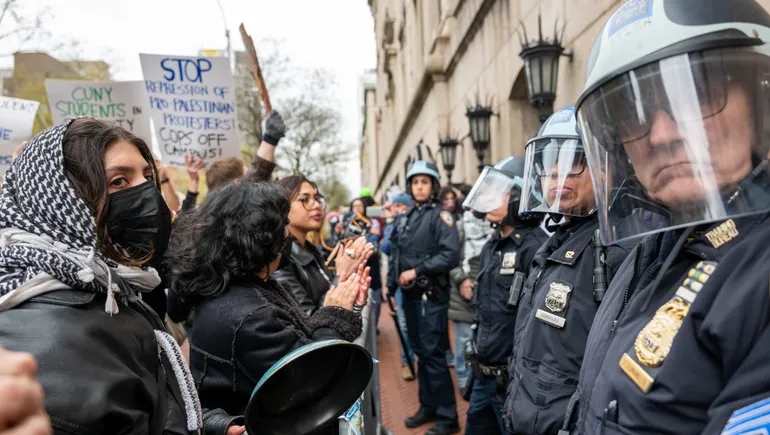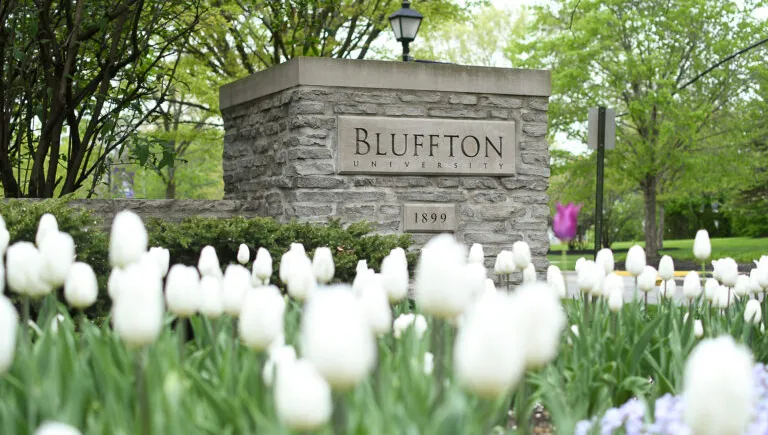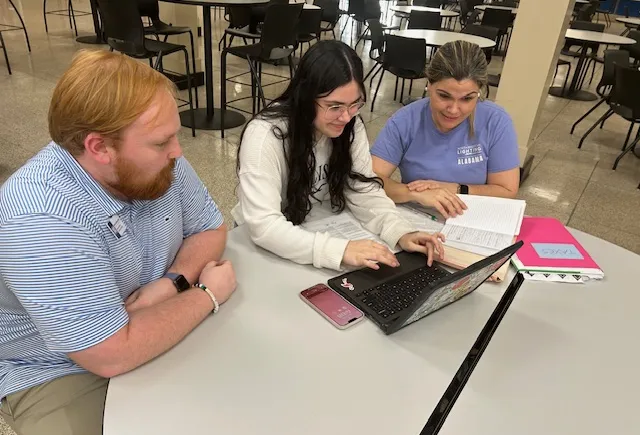[ad_1]
A few U.S. Supreme Court justices appeared skeptical Tuesday that a band of Republican-controlled states and two borrowers have the right to sue to overturn the Biden administration’s plan to forgive broad amounts of federal student loan debt.
Whether that doubt will translate into a ruling allowing the loan cancellation program to proceed is another matter. It was mainly the court’s liberal wing asking about the plaintiffs’ standing during oral arguments Tuesday, but conservatives dominate the high court 6 to 3. The conservatives questioned the legality of the initiative, which one government agency assigned a $400 billion price tag over the next three decades.
The plan, which President Joe Biden unveiled in August, would wipe out up to $10,000 in debt for borrowers who earn up to $125,000 annually, or $250,000 for married households. Recipients of federal Pell Grants, a primary form of financial aid for low- and moderate-income students, would have an additional $10,000 forgiven.
Legal challenges the Supreme Court began untangling Tuesday were brought by six red states, led by Nebraska, which allege financial harm to their tax revenue, and two student loan borrowers who claim they couldn’t take full advantage of the plan. They also argue Education Secretary Miguel Cardona circumvented legally required procedures when devising the debt forgiveness program.
Much of the three-plus hours of arguments Tuesday centered on whether the plan would specifically harm the states and two borrowers, Myra Brown and Alexander Taylor, thus giving them standing to sue.
U.S. Solicitor General Elizabeth Prelogar, arguing on the federal government’s behalf, said the answer is firmly no. Legal experts have said the Biden administration’s strategy to shield the debt relief plan has been to question standing, a more appealing line of reasoning for conservative justices. They are seen as more likely to side with the states and borrowers on the actual question of whether the Biden administration has the authority to forgive student loan debt without congressional action.
In the case of the two borrowers, Brown doesn’t qualify for debt forgiveness under the plan, while Taylor is ineligible for $20,000 in cancellation. But no borrower would benefit if their challenge succeeded — making the lawsuit irrational if the two borrowers are actually seeking greater debt relief, Prelogar said.
Liberal justices agreed with Prelogar.
“This is so totally illogical to me that you come into court to say I want more, I’m going to file a suit to get more, but I know I’m going to get nothing,” said Justice Sonia Sotomayor.
Further, Brown and Taylor allege the administration didn’t give them a chance to weigh in on the debt relief program. But the law the Biden administration used to justify the debt forgiveness, the 2003 HEROES Act, expressly exempts the education secretary from needing to seek public comment, as is typical with major executive branch policy moves.
The HEROES Act gives the education secretary power to waive or modify financial aid programs in times of national emergency, like the coronavirus pandemic.
J. Michael Connolly, the lawyer representing the two borrowers, speculated during Tuesday’s arguments that the Biden administration would have sought to rationalize the debt forgiveness with another legal route, one that does require a public comment period, if it could not do so through the HEROES Act.
However, liberal justices found this argument to be a stretch, saying there’s no proof the administration would have taken the action Brown and Taylor wanted if it could not rely on the HEROES Act.
Meanwhile, much of the debate in the GOP states’ case focused on Missouri’s standing to sue, and potential harm to the Higher Education Loan Authority of the State of Missouri, or MOHELA.
The entity is one of the federal government’s largest loan servicers, charged with collecting student debt payments. It also funds state scholarships. The states said that MOHELA would lose revenue from servicing Direct Loans — those the federal government makes and owns — if they were wiped out.
But while MOHELA has ties to Missouri, it operates with a lot of independence from the state, which cannot touch its assets.
Prelogar said that MOHELA would have standing in a lawsuit as a loan servicer. MOHELA executives have shied away from the loan forgiveness fight, though, opting not to sue and even forcing the state to file public records requests to receive information it needed for the lawsuit.
James Campbell, Nebraska’s solicitor general who argued on the states’ behalf, tried to draw links between the state and MOHELA to illustrate it is in essence a Missouri agency.
Liberal justices noted MOHELA’s absence from the legal challenges, however. And Justice Amy Coney Barrett questioned why Missouri didn’t “strong arm” MOHELA into suing, which came down to “a question of state politics,” Campbell said.
Justices also pointed out MOHELA has not paid millions of dollars it contractually owes Missouri, weakening its connection to the state.
“It’s just very hard for me to say that there is an interest sufficient for the state to speak on behalf of an entity who has the right to sue or be sued,” Sotomayor said.
Still, the plan’s survival hinges on conservative justices who during arguments appeared concerned about bypassing congressional authority. They repeatedly referenced what’s known as the major questions doctrine, the concept that Congress expressly should authorize policy with significant political or economic ramifications.
The Supreme Court cited the doctrine last summer when it restricted the Environmental Protection Agency’s ability to address climate change. And the court has increasingly looked to adopt it over the years.
The Republican-led states also allege the loan forgiveness plan is “a major-questions case.”
Prelogar said though Congress did not explicitly name loan cancellation in the HEROES Act as one of the powers the education secretary possesses during crises, it intended to give that broad authority.
When the high court will rule is unknown, but a decision will come before its session wraps up this summer.
[ad_2]
Source link

